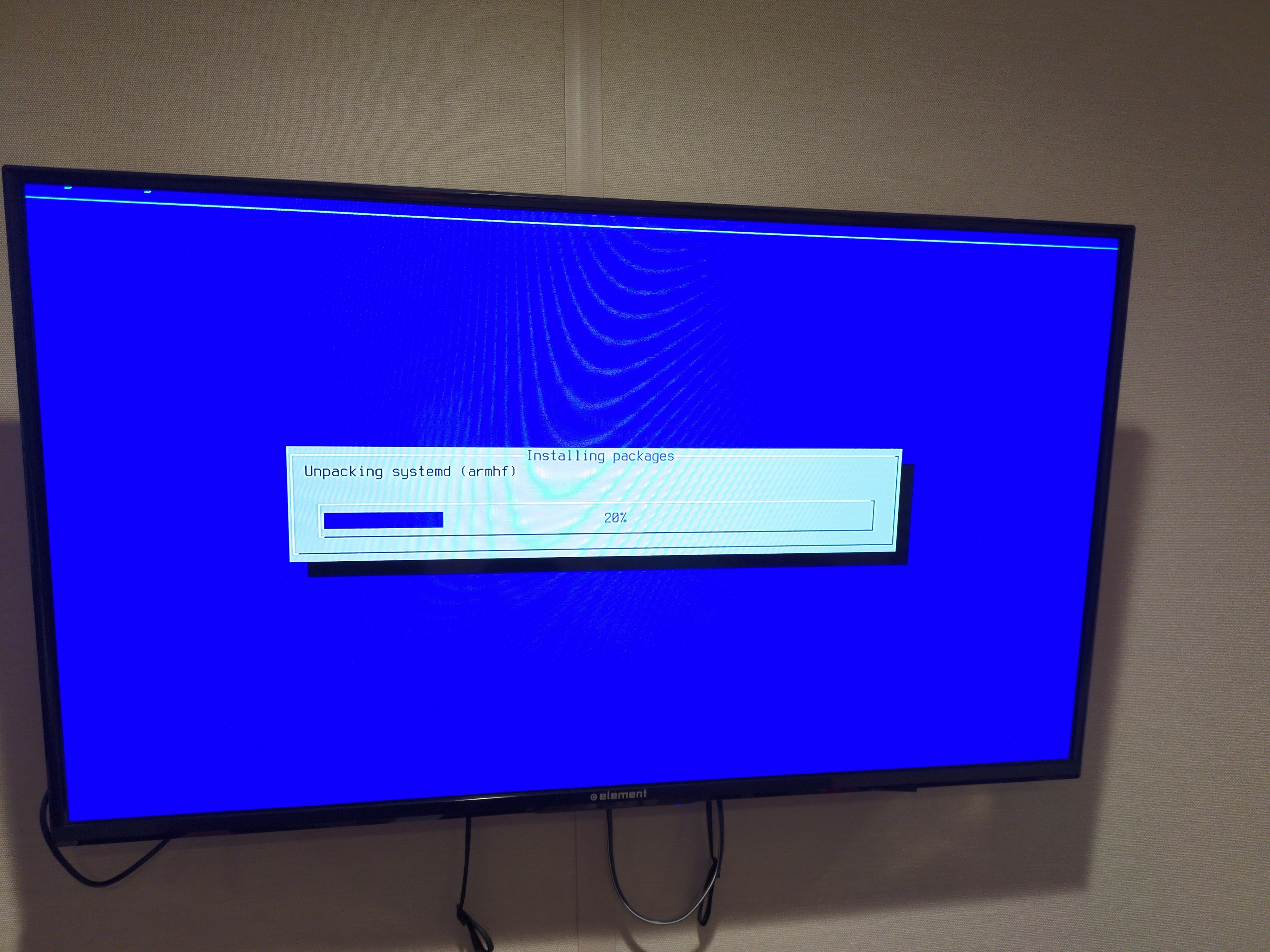this post was submitted on 28 Dec 2024
210 points (98.6% liked)
Linux
48813 readers
645 users here now
From Wikipedia, the free encyclopedia
Linux is a family of open source Unix-like operating systems based on the Linux kernel, an operating system kernel first released on September 17, 1991 by Linus Torvalds. Linux is typically packaged in a Linux distribution (or distro for short).
Distributions include the Linux kernel and supporting system software and libraries, many of which are provided by the GNU Project. Many Linux distributions use the word "Linux" in their name, but the Free Software Foundation uses the name GNU/Linux to emphasize the importance of GNU software, causing some controversy.
Rules
- Posts must be relevant to operating systems running the Linux kernel. GNU/Linux or otherwise.
- No misinformation
- No NSFW content
- No hate speech, bigotry, etc
Related Communities
Community icon by Alpár-Etele Méder, licensed under CC BY 3.0
founded 5 years ago
MODERATORS
you are viewing a single comment's thread
view the rest of the comments
view the rest of the comments

The unix philosophy is that a piece of software should do one thing, and do it well. Systemd does a dozen things, all of them poorly. It's an especially poor choice for an embedded or appliance system.
Systemd is not a singular thing, it's a collection of a lot of things.
Yes, that's the problem.
Linux is not a singular thing, it's a collection of a lot of things.
Linux is a kernel. The kernel modules, services, userland, etc. are all modular and can be used independently. Not so with systemd (at least how it's implemented in most distros).
I'm sure there's several modules in the Linux kernel that are necessary to function, and you're also aware that when people broadly refer to Linux, they don't mean the kernel specifically lol